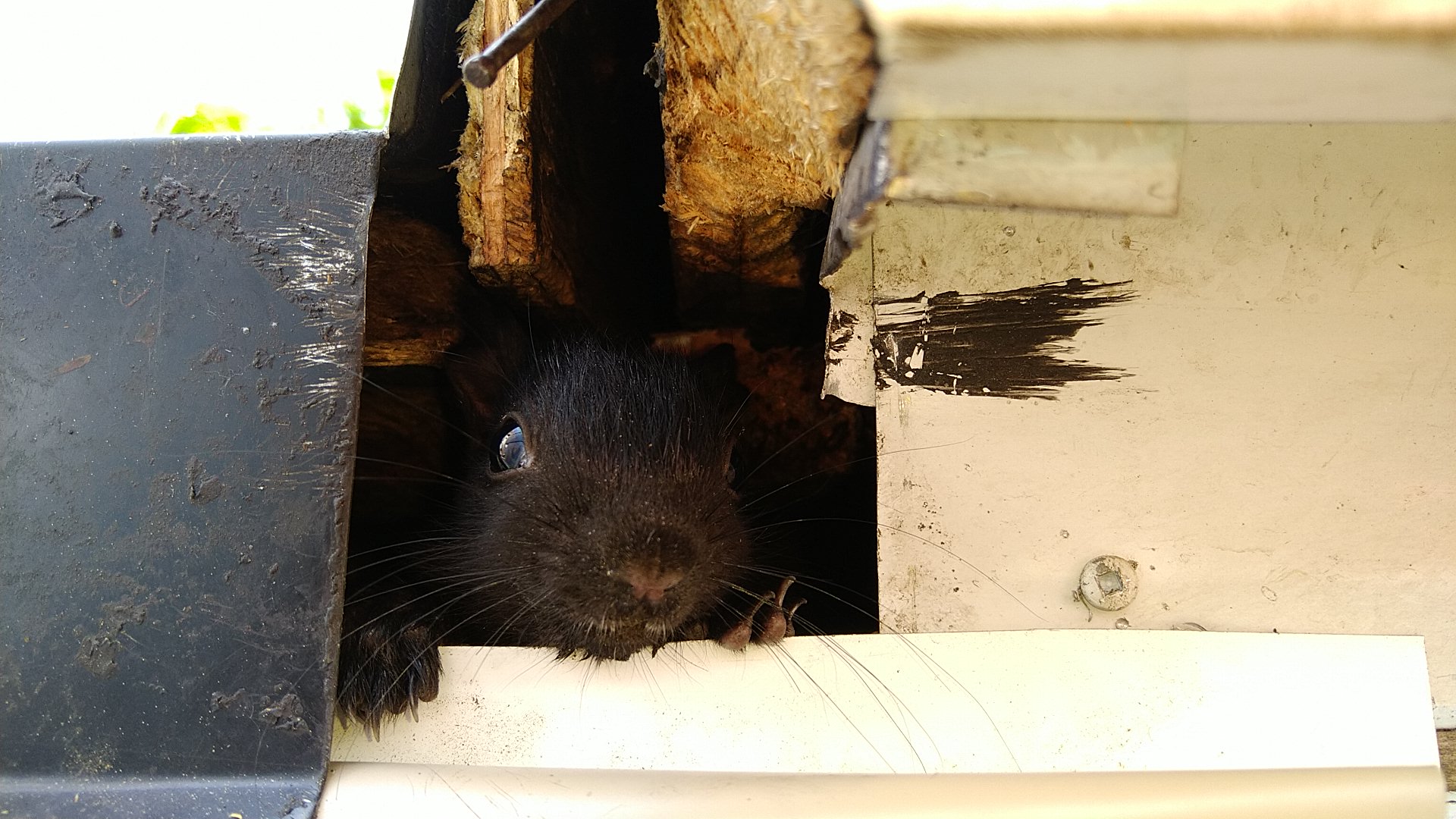Squirrels enjoy better public relations than rats and other rodents, but they can still be destructive. They easily chew through man-made surfaces, spread diseases, and leave feces wherever they go. If you have them in your home, you should contact wildlife control in Waukesha, but you shouldn’t hire a technician who uses harmful poisons. Here’s why.
Anticoagulant Poisons Are Unethical
The poisons used to kill rodents kill them by blocking the production of vitamin K, causing severe hemorrhaging. Most animals can tolerate a certain amount of rodenticide poison, but once the substance builds up, it causes an intensely painful death.
Internal bleeding causes death when blood vessels and organs rupture so that vital organs fail. This can be an unreliable process. While large doses kill more quickly, there’s no guarantee that a target will eat enough to die soon.
No matter how responsibly you administer them, poisons cause suffering. As members of the mammal phylum, rodents are probably intelligent enough to experience pain similarly to humans.
Poisons Can Get Into the Environment
Anticoagulants are great at killing, but they aren’t great at staying out of wider ecosystems. They tend to bioaccumulate, meaning that any creature that ingests them also poisons its predators and scavengers. This process can continue up the food chain, and in some cases, even humans unknowingly ingested poisons.
Today, most homeowners use their pets for company, not realizing the pest-prevention roles they might play. If you’re trying to prevent squirrels or rats from coming into your home, consider using pets, not poisons. If you try to use both, you may accidentally harm your companions.
Even if another animal doesn’t eat your removal target, poisons still find their way into waterways and food supplies. Rainwater often washes decayed material into water basins that people and other animals rely on for survival. With all the toxic chemicals and plastics in our waterways, do you really need to put more poisons into the environment?
You Can Get Yourself in Legal Trouble
Laws and regulations aren’t always great at protecting animal rights, but Canada is among the world’s leaders in ethical legislation. You’re unlikely to land yourself in serious trouble with most commercially available substances, but you can get a nasty fine.
Of course, the most important reason to obey animal welfare regulations is that it’s the right thing to do. If you don’t know the rules, it’s best to simply avoid harmful chemicals entirely.
If You Aren’t Convinced, Consider the Practicality
If you aren’t deterred by the ethics of squirrel baiting, the practical downsides may still change your mind. Since baiting is indirect, animals you kill may die in very impractical areas. This often causes a serious stench. Decaying bodies can spread disease and harm your home’s walls, attics, or other surfaces.
Even if you find all of the dead squirrels you’ve killed, you still have to remove them. This can be time-consuming and unpleasant.
Squirrel Removal
If you have an animal infestation in your home, don’t try to evict your unwanted guests on your own. Do-it-yourself removal can be dangerous and unethical, and you may make your problem worse when you delay proper treatment by weeks or months. For the best results, call a humane wildlife technician with experience dealing with the species you’ve identified.
At Skedaddle Humane Wildlife control, we have years of experience getting squirrels out of attics, apartments, and houses. We’ll look out for your furry invaders by letting them carry their young to safety, and we’ll make sure they never find their way back into your space. For expert, professional service, call or contact Skedaddle online today.




